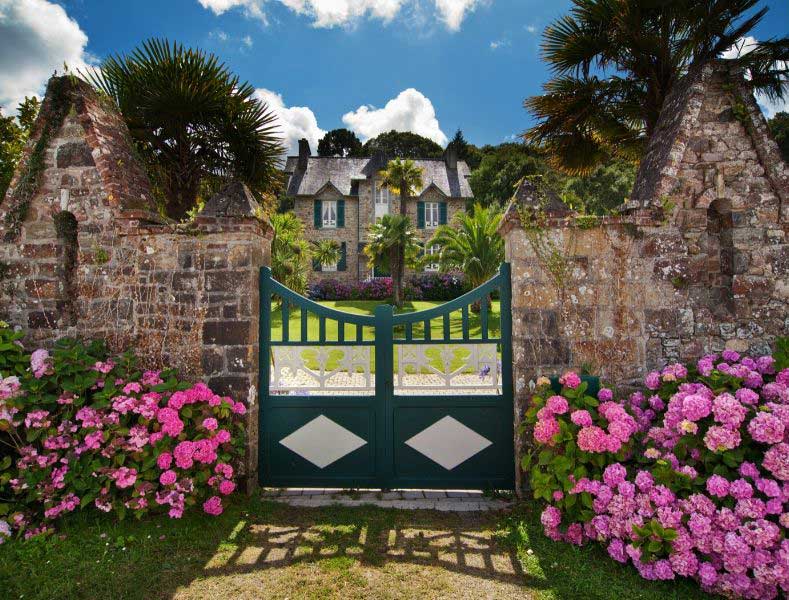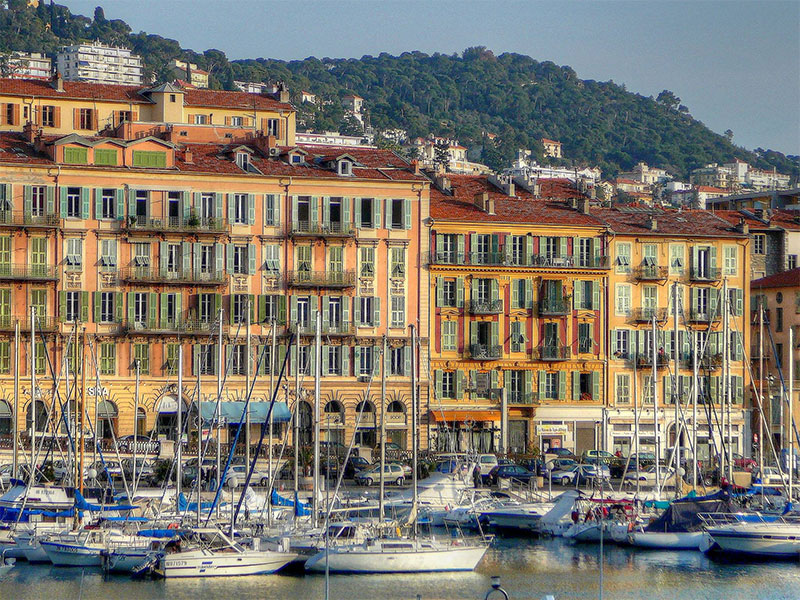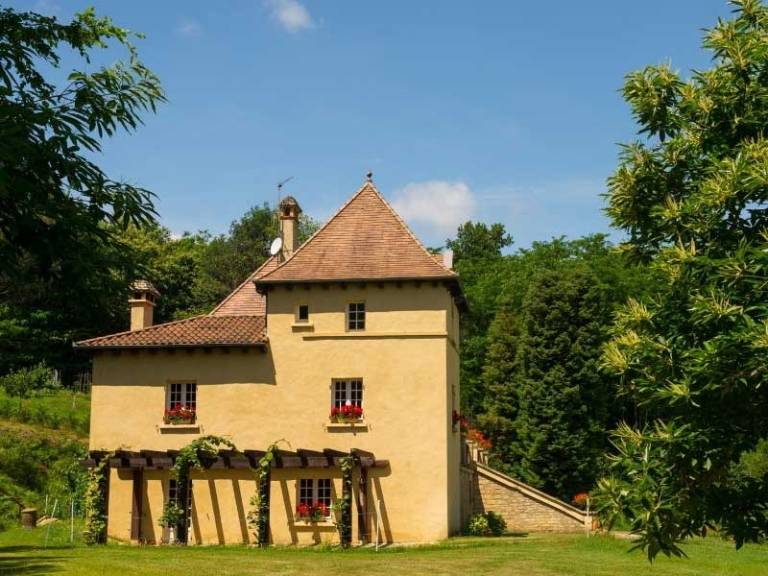An estimated 84,000 UK nationals moved across the Channel in 2019 – a 10 year high. Traditionally most home buyers were retired or looking to purchase second homes, but France is an increasingly attractive option for young families and people in their 40’s and 50’s.
Affordable property, beautiful countryside and coastline, great food, wine and good quality health and education systems are all irresistible temptations for a new generation of Britons seeking a new life in France.
French house prices are considerably cheaper than the UK. Although official figures suggest the property values are rising gently, there are plenty of competitively priced homes for sale, particularly in rural locations and smaller towns.
The French mortgage market and eligibility for a loan
Buying a property with a mortgage is increasingly popular, helped by continuing low interest rates. Mortgages can also be taken out to pay for renovations, new build construction (including both the land and building costs), equity release or to re-mortgage. Though, if you are thinking of re-mortgaging, be aware that in France there may be high fees.
There are a number of differences between French and UK mortgages. Below are a few examples:
Interest rates: In France rates are set for a maximum 25 year term. A fixed term of 5 years is more common in the UK.
Eligibility: French banks look in detail for proof of income and the total amount of household debt. This debt ratio determines whether they feel your mortgage is affordable. In the UK the affordability criteria is generally three times your income.
Consumer protection: The French mortgage market is heavily regulated. Buyers are required to pay for mortgage protection insurance. The UK market, despite some tightening in recent years, has lighter regulations.
The French mortgage market is open to both residents and to non-residents.
French mortgage lenders have become far more prepared to offer loans to non-resident buyers in recent years. Lenders have an option of taking out a Euro mortgage rather than a loan in sterling from a UK bank. An important first step is opening a French bank account; this will enable you to deposit and transfer funds regularly.
Proving that you have a stable income is a key test for French home buyers. Lenders will not discriminate against you if you are self-employed but you must supply three years’ tax returns and your earnings over that period determines the amount you can borrow.
Types of French mortgage
In France, the majority of home buyers opt for a standard capital repayment loan in where you repay both the capital and the interest.
Interest only loans are less common and are mostly taken out by landlords who want to minimise their outgoings.
Fixed rate or variable rate? Fixed rate mortgages offer greater stability if interest rates increase and are generally fixed for the entire duration of the mortgage. However, redemption fees can be expensive. So, if you want to repay early, remember to take this into consideration.
Borrowing a maximum of 80% of the property’s value is the norm, though it may vary up to 85%. How much you can borrow depends on your financial circumstances and credit rating.
Equity release isn’t common in France but is possible if you don’t have an existing mortgage on your property. The amount of household debt must not exceed 33% of your annual income.
Calculating the cost of your mortgage
When applying for a mortgage, French lenders must state the interest rate as an APR (Annual Percentage Rate) to make comparisons easy. A number of factors affect the total cost including: Amount borrowed, loan duration, type of mortgage (e.g. capital repayment or interest only)
Interest rate (APR), fees, mortgage protection insurance and redemption penalties
Example: Couple buying a French property for €170,000 with a capital repayment loan.
| % | € | Years | |
| Loan Term | 20 | ||
| Loan to Value | 80.00 | ||
| Interest Rate (APR) | 1.80 | ||
| Property Purchase | 170,000 | ||
| Deposit | 34,000 | ||
| Amount Borrowed | 136,000 | ||
| MONTHLY COST | 675 |
*Important note: this is an example only and does not represent an offer.
How to apply for a French mortgage
Banks and financial lenders in France require detailed documentation – be prepared! This includes: Applicant details, financial information (proof of income, arrears/debts etc) Employment and business details, Project costs and fees, outgoings & assets.
You can also request a Pre-mortgage approval certificate. This will confirm how much the bank is prepared to lend you.
Successful mortgage applicants receive a Mortgage Offer which is valid for 30 days. Note: Borrowers must sign a sale & purchase contract for their property before a lender will issue a formal Mortgage Offer.
Security, guarantees and mortgage protection
There are different ways to secure against a mortgage using various types of guarantees. The fees payable vary according to each option. It is recommended that you discuss this with your lender.
In France, mortgage borrowers are offered a high degree of consumer protection, covered by a strict regulatory framework, to guard against irresponsible lending.
Good luck with your property search!










